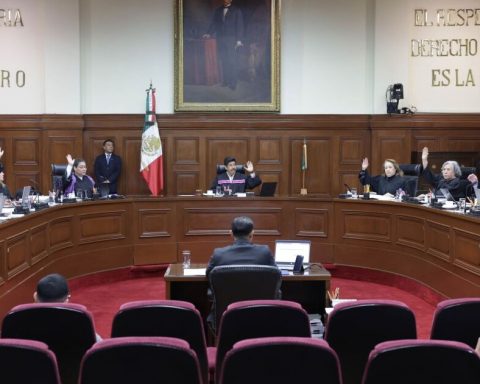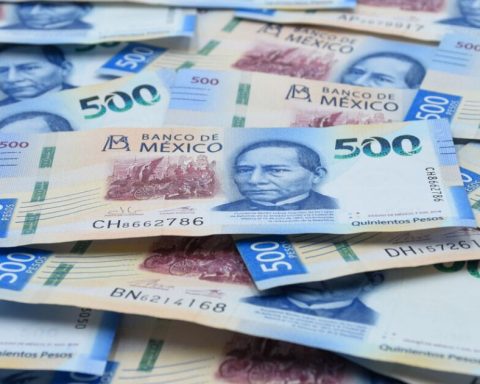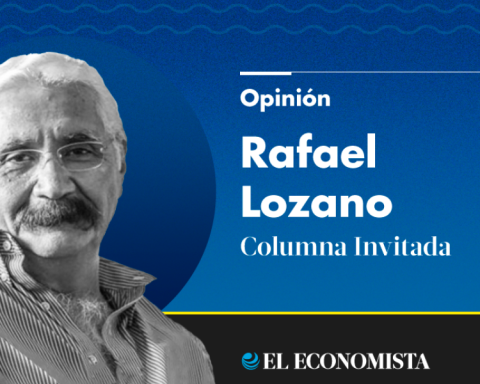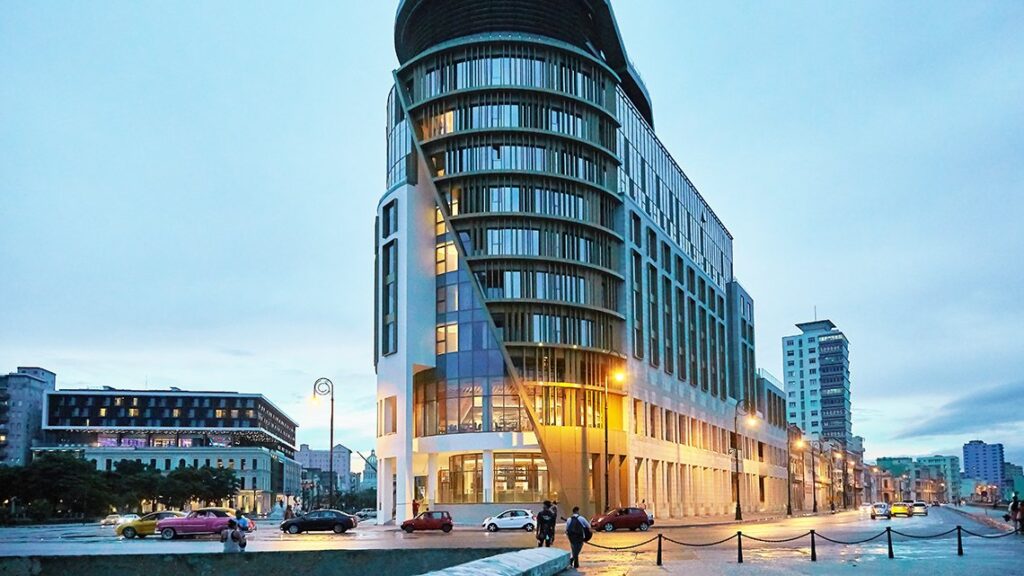L
the small coffee farmers they are upset and disappointed in the federal government. They reproach him for having unduly granted privileges to the transnational Nestlé. Also, refusing to dialogue and agree with them on fundamental issues of the industry.
According to the Coffee Price Monitoring Commission in Veracruz, made up of the five most important coffee associations in the state, the alliances between the government and the company paved the way for officials to be placed in Sader and in the Ministry of Economy that promote and protect the interests of this and other consortiums.
Nestlé is the company that most exploits small coffee producers in the world and provides the consumer with inferior soluble coffee, with colors and flavors
wrote in an open letter to President Andrés Manuel López Obrador, the leader of small coffee growers and adviser to ejido commissioners of Guerrero, Arturo García (https://bit.ly/3Pgi8mK).
The president dismissed the remarks of the growers of the aromatic. At the inauguration ceremony of the transnational’s new plant in Santa Rita, Veracruz, which begins a year and a half late, he said: There are always complaints about both milk and coffee, but they have not abandoned Mexico and Mexico is not going to stop supporting Nestlé
.
Ten multinationals dominate food consumption in the world. Nestlé is the largest of them. In 2021 it employed 276 thousand people. (https://bit.ly/3aHAcY4). Originally, it settled in Mexico as an importing company in 1930. Five years later, it built its first plant in Ocotlán, Jalisco. Nescafe, the world’s leading coffee brand, ranked third among the top 100 megabrands and topped the category of hot drink brands. Sold in 190 countries (https://bit.ly/3aP7Zyf).
Although it is well below other nations, the intake of the aromatic in Mexico has grown significantly in recent years. It currently ranks 56th, with about 1.6 kilos per person per year, against 11.6 kilos in Finland. 60 percent of the cups that are drunk are of soluble coffee. Nestlé is by far its main manufacturer. The confinement forced by the pandemic caused the trend to taste more coffee beans to stop. Quality was sacrificed for convenience and speed in preparing the drink.
Soluble coffee is made with lower quality varieties, mainly robusta, and other ingredients, including sugar and artificial flavors. Its manufacturers have no qualms about using defective, old, fermented, green, overripe or dried grains.
Robusta is a low-priced, poor-quality variety (now $100 per 100 pounds), a mediocre bean. Three characters must be considered to appreciate a good coffee: body, acidity and aroma. Although robustas have body, they lack acidity and refined aroma.
Its production was almost non-existent in the 19th century. It increased, above all, in the former French colonies, due to the demand for lower prices and the expansion of the consumption of instant coffee. Roasters took it upon themselves to incorporate it into current blends and new, cheap brands, to lower prices at the expense of quality. Thus, it was shown that, as an attendee at the National Coffee Convention in 1959 said, There is almost nothing that man cannot do a little worse and sell it a little cheaper.
.
Robusta cultivation has an advantage: while its trees take two years from planting to harvest and produce more. In addition, it is planted in plots of lower altitude. In contrast, Arabica coffee trees take four years to bear fruit.
Various characters claim for themselves the title of inventors of instant coffee. However, a Belgian living in Guatemala, named George Washington, was the first to conceive the idea of refining coffee crystals from the aromatic product. In 1910 he began marketing his G. Washington Refined Coffee
. The First World War boosted the consumption of solubles. The industry grew after the second world war. However, it was in 1950, as the price of roasted beans skyrocketed, that the demand for coffee powder increased. Although its production requires a large original investment, its production costs less than a normal one.
Mexico is a country where high-quality Arabica coffees are grown, many of them shade-grown (conserving the environment and wild birds), and organic. Produces 4.5 million bags. Despite the crises and adversities, those who plant, care for, harvest and process them are, for the most part, poor peasants, many of them indigenous. It is absurd to change its production for robust varieties destined to supply the manufacture of solubles.
Jorge Castro, an old peasant leader from southern Sonora, used to tell the rulers in turn the fable of the woodcutter and the bear.
A woodcutter working in the forest, he said, is suddenly attacked by a bear. He looks around for help. He is not successful. He is alone; there is no one to help him. He then looks up to heaven and cries out:
-God, if you’re not going to help me, at least don’t side with the bear.
For just over 40 years, small coffee growers, organized in self-managed cooperatives, have embarked on the adventure of building a fair market, selling grains grown without blood and without toxins, appreciated by consumers around the world. With all due respect, like the woodcutter in the story, if Diosito is not going to support them, it would be expected that, at least, he would not take the side of the bear.
Twitter: @lhan55

















